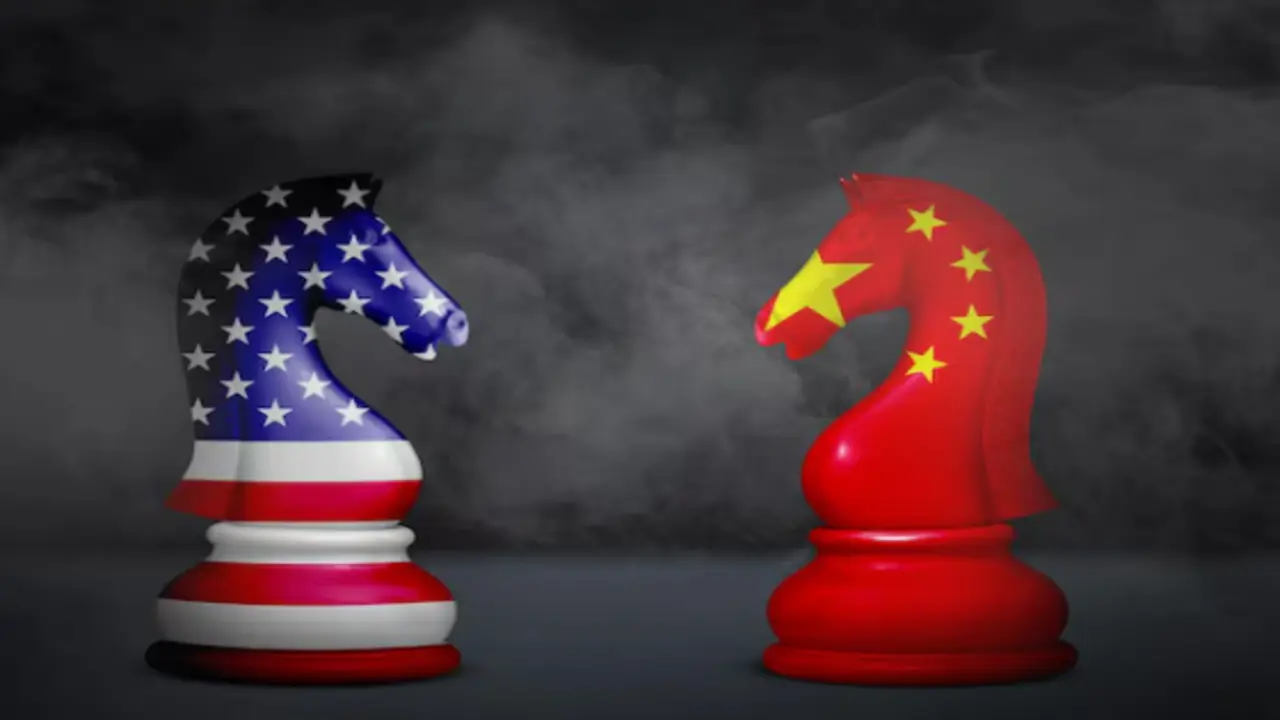Catenaa, Monday, May 12, 2025-The United States and China on Sunday reported significant progress in bilateral trade negotiations following two days of closed-door talks in Switzerland.
US Treasury Secretary Scott Bessent and Chinese Vice Premier He Lifeng called the Geneva meetings constructive and comprehensive. They were the first such high-level engagement since President Donald Trump introduced sweeping tariffs on Chinese goods in January.
Details of the outcome of the meeting are still not known in full.
A joint statement outlining the agreement’s scope is expected later today.
The talks come amid heightened tensions sparked by Washington’s 145% tariffs on Chinese goods and Beijing’s 125% retaliatory levies on US products, measures that rattled global markets and raised fears of a recession.
Despite warnings that this would not be a comprehensive accord, both delegations signalled a shift in tone.
Treasury Secretary Scott Bessent said the two sides made significant headway in easing trade tensions, while Vice Premier He Lifeng highlighted the talks’ broader importance for global economic stability.
Frank Lavin, a former US trade official, suggested tariffs could be reduced, albeit modestly. But Deborah Elms of the Hinrich Foundation cautioned that the outcome likely amounted to continued dialogue rather than substantive concessions.
WTO chief Ngozi Okonjo-Iweala said that the meeting was “a significant step forward”, and asked US and China to keep the momentum.
President Trump praised the reset in relations, citing mutual willingness to cooperate.
However, he reiterated that tariff relief would depend on Chinese concessions, reaffirming a hardline stance ahead of further negotiations.
The talks follow a turbulent period in US-China relations, marked by protectionist moves from Washington, shrinking US economic growth, and mounting pressure on Chinese exporters.
On April 2, a date President Donald Trump dubbed “Liberation Day,” the White House imposed a minimum 10% tariff on all US imports, effective April 5. The policy included steeper levies on goods from 57 countries, branded as “reciprocal tariffs.”
The move, aimed at countering what Trump called decades of unfair trade, drew swift backlash from key trading partners.
Markets reacted sharply, with major stock indexes plunging amid fears of a deepening global trade conflict.


